On April 21st we celebrate the World creativity and Innovation day! Creativity and innovation are recognised as a potential way to provide new pathways towards achieving the Sustainable Development Goals from the Agenda 2030. The Sustainable Development Goals aim to protect our planet from degradation thanks to the sustainable management of natural resources to take urgent action on climate change, to avoid exceeding a 1,5°C temperature rise by 2050.
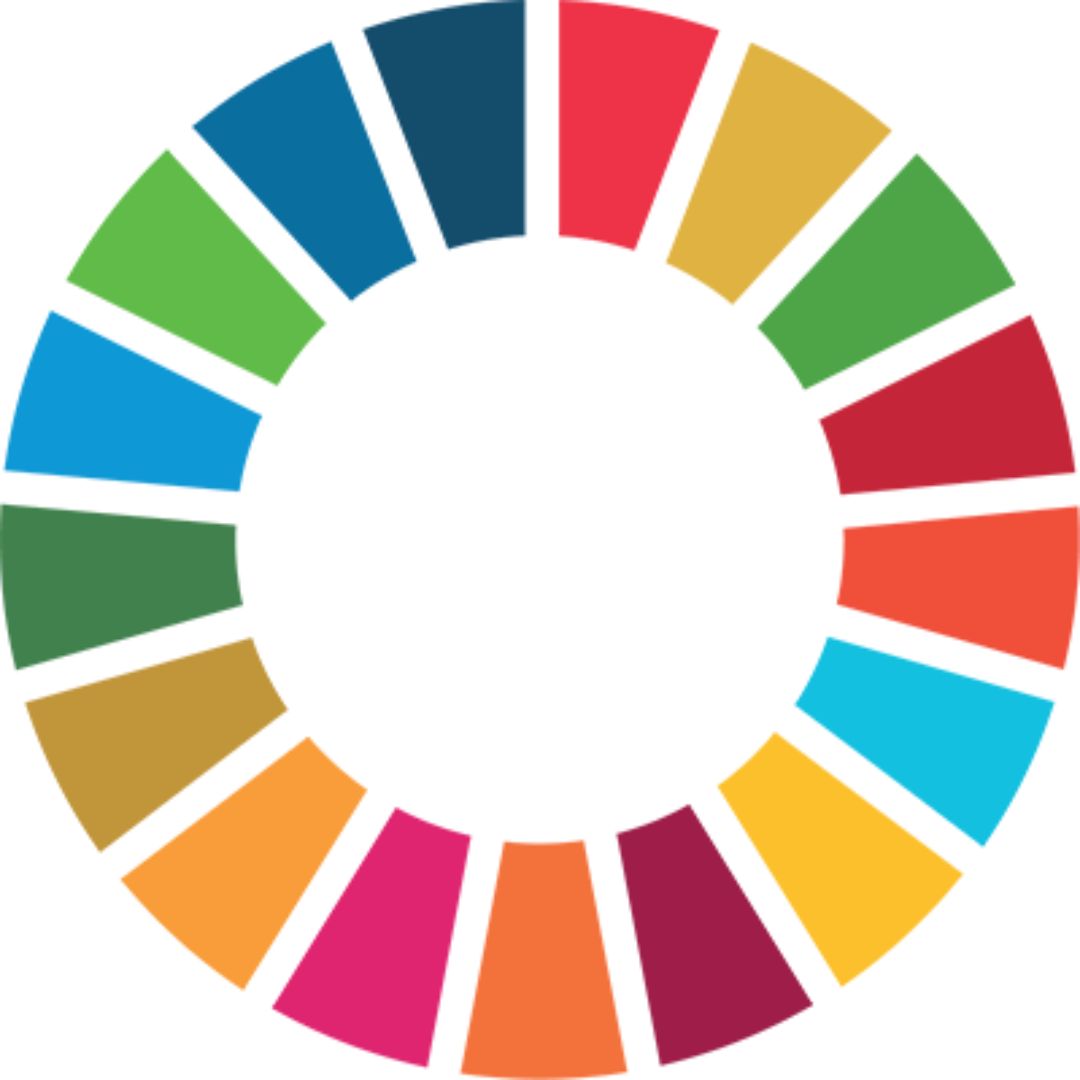
How CHEERS contributes to the achievement of Sustainable Development Goals?
CHEERS project applies circular economy principles to develop a new “zero waste” biorefinery concept for the brewery industry, currently generating 30 MT of waste and 94 MT of CO2 per year. To do so, the project aims to develop 5 new innovative biotechnological routes for the development of circular bio-based products for industrial applications:

Protein enriched drinks. Bagasse is the majority by-product from the brewery industry accounting for up to 85% of brewery waste, mainly used as low-quality animal fooder. CHEERS project aims to revalorise bagasse (currently under-used) through insect feeding for the development of insect floor to be used in protein drinks.
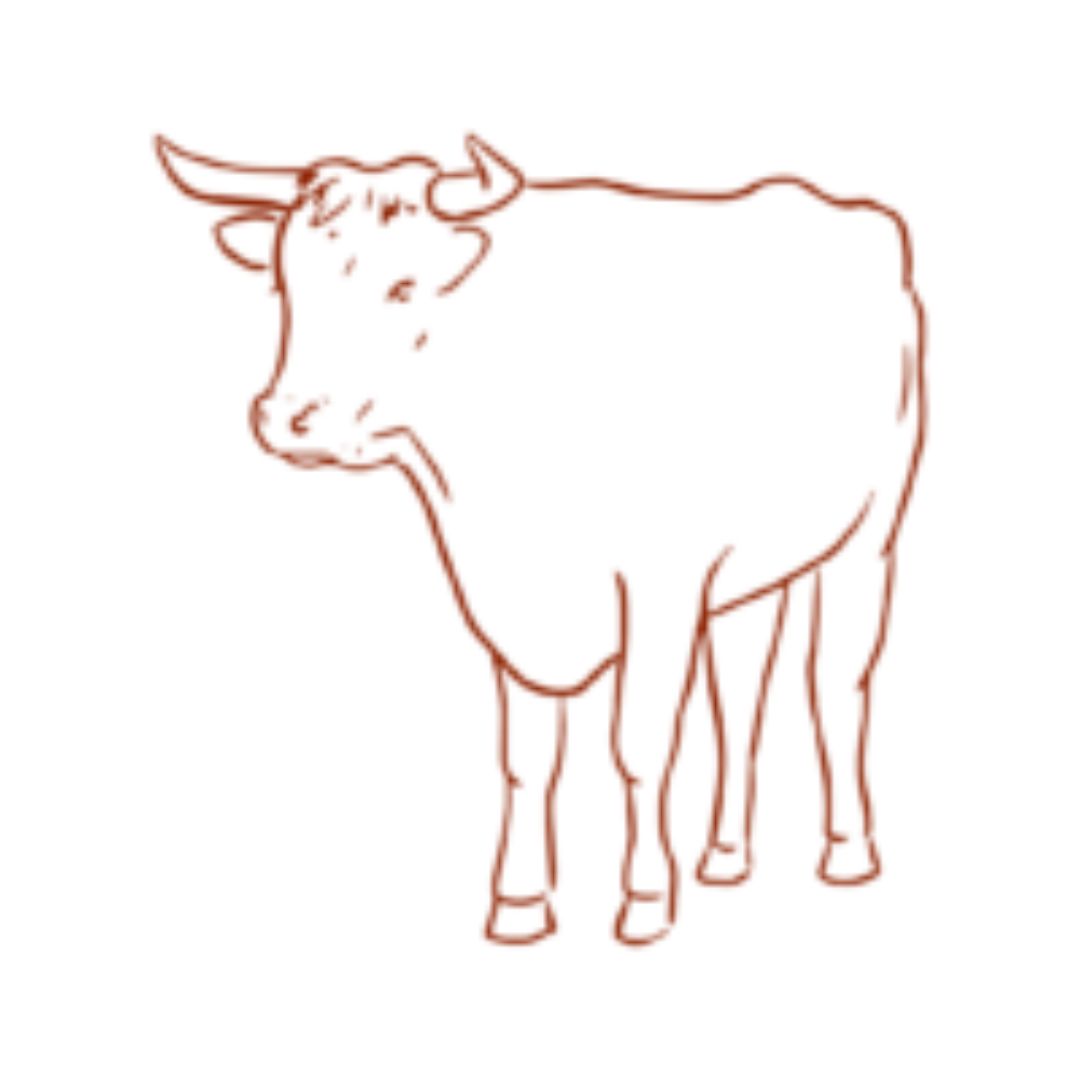
Animal feeding. The majority of CO2 from beer fermentation is currently released to the atmosphere. Thanks to the development of a novel microbial platform, CHEERS willvalorise the CO2 liberated during the fermentation into caproic acid rich mixtures of volatile fatty acids which is a high-quality ingredient for animal feed.
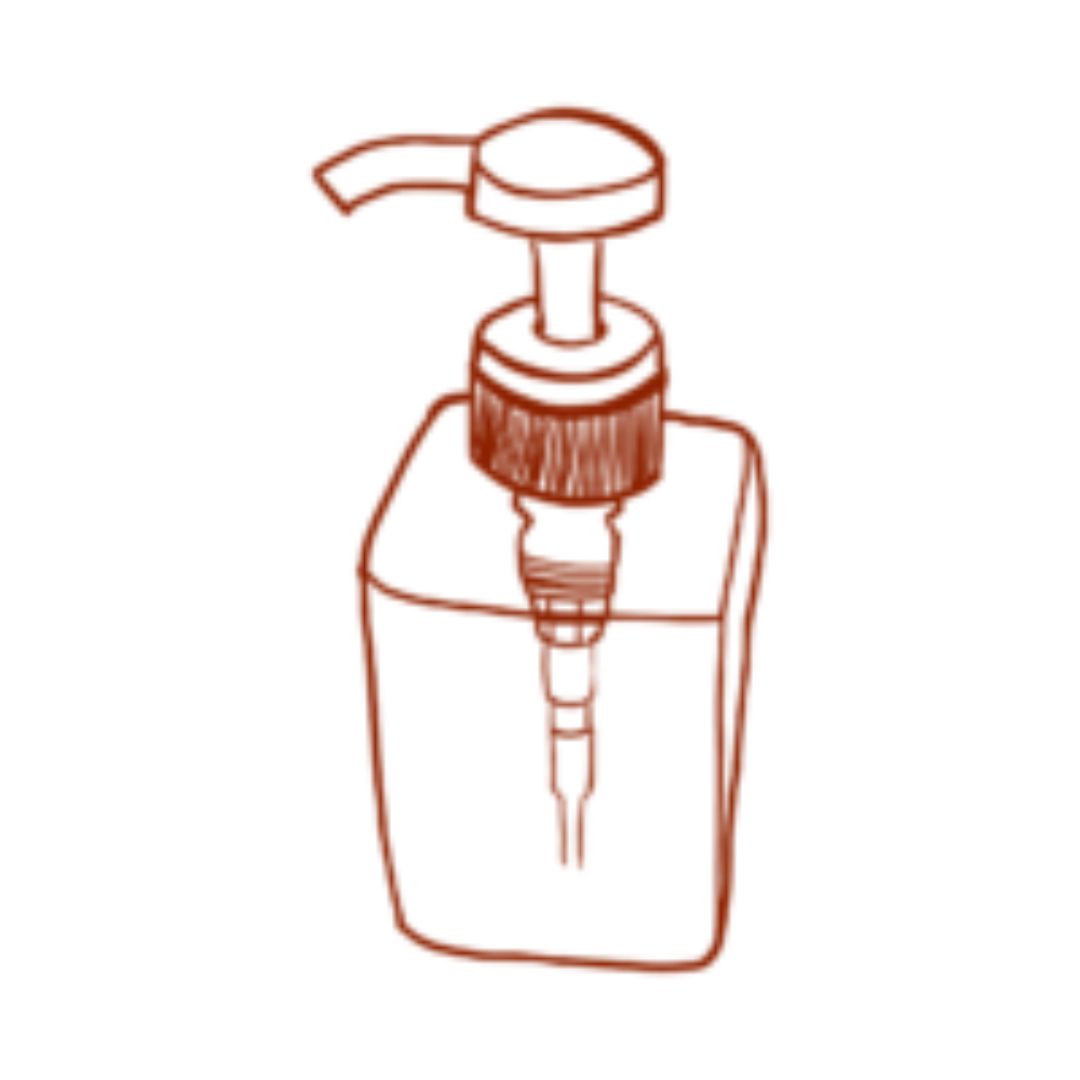
Disinfectant. An innovative bioelectrochemical system (BES) will convert CO2 and brine will into bioCH4 and Cl2 for sanitizing products.

Cosmetics. CH4 is typically used as fuel for heat and power generation. CHEERS microbial platform will convert the bioCH4 obtained from brewery by-products (e.g., waste-water, solid residues) digestion and the BES into ectoine, a high-demand active ingredient in skin protection products.
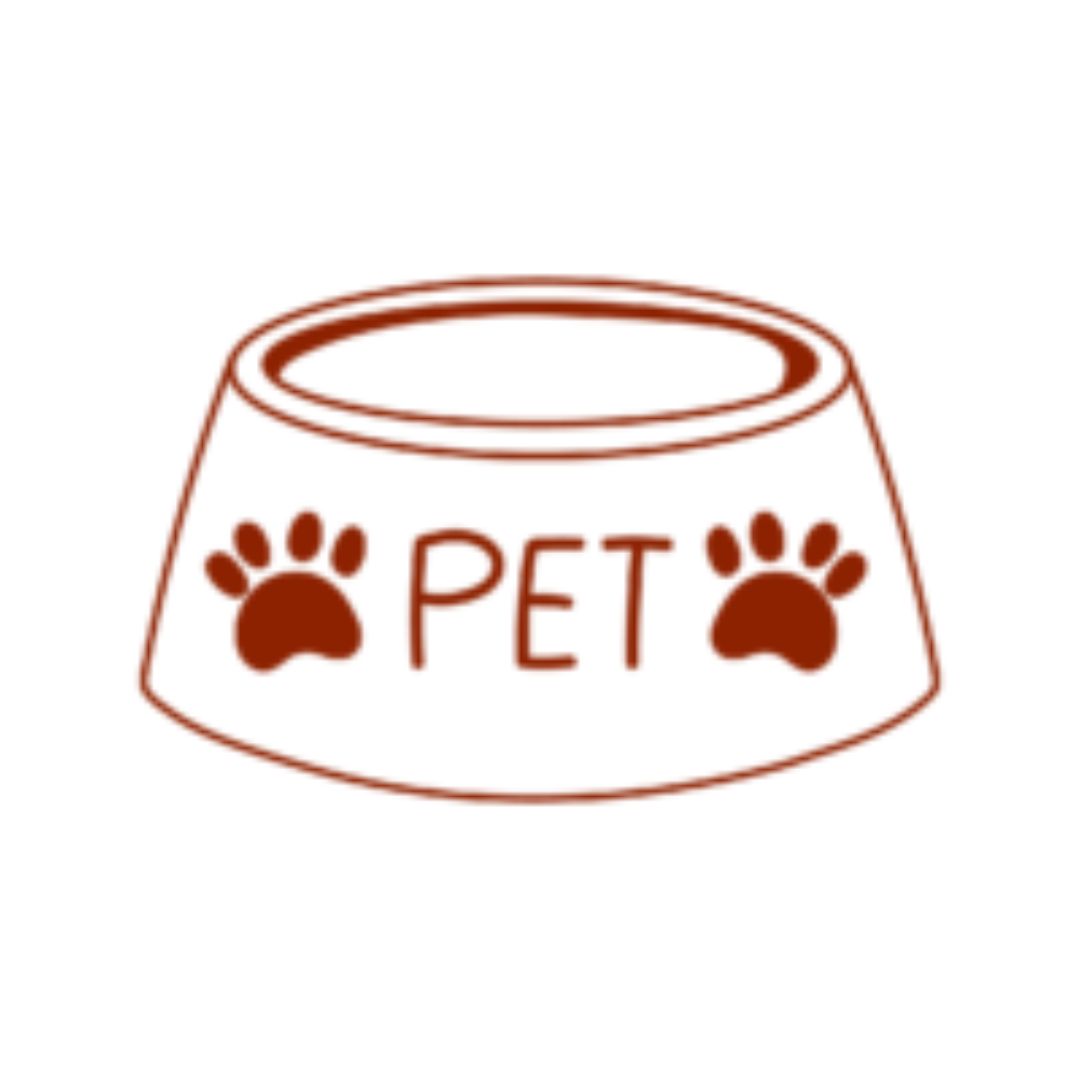
Pet food. CHEERS microbial platform will also convert bioCH4 through fermentation in Single Cell Protein (SCP) to be integrated in petfood.
As a result of CHEERS project, 5 bio-based products will be developed from brewery by-products, with an estimated reduction of 45% of carbon footprint in each biotechnological route, thus contributing to reduce the environmental impact of the beer production by the application of circular bioeconomy strategies.


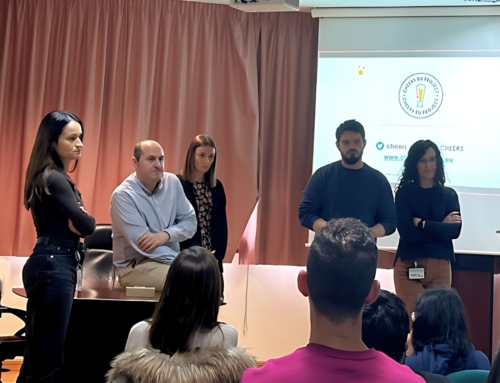
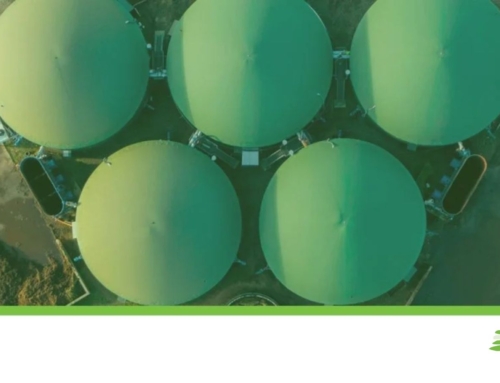
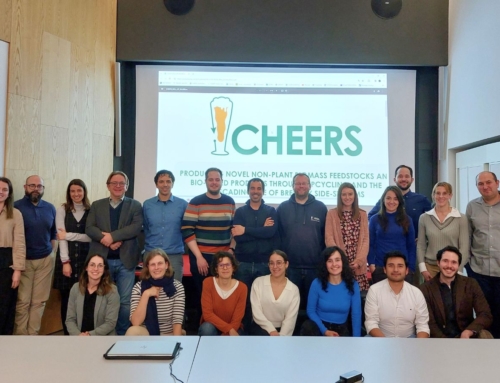
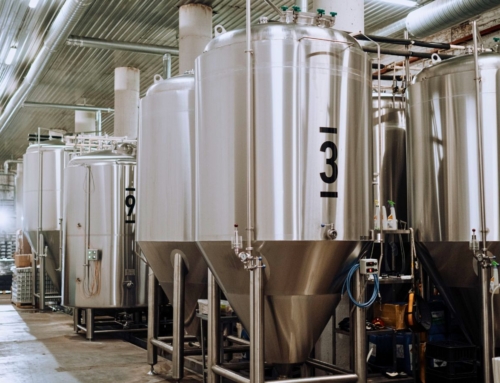




Leave A Comment